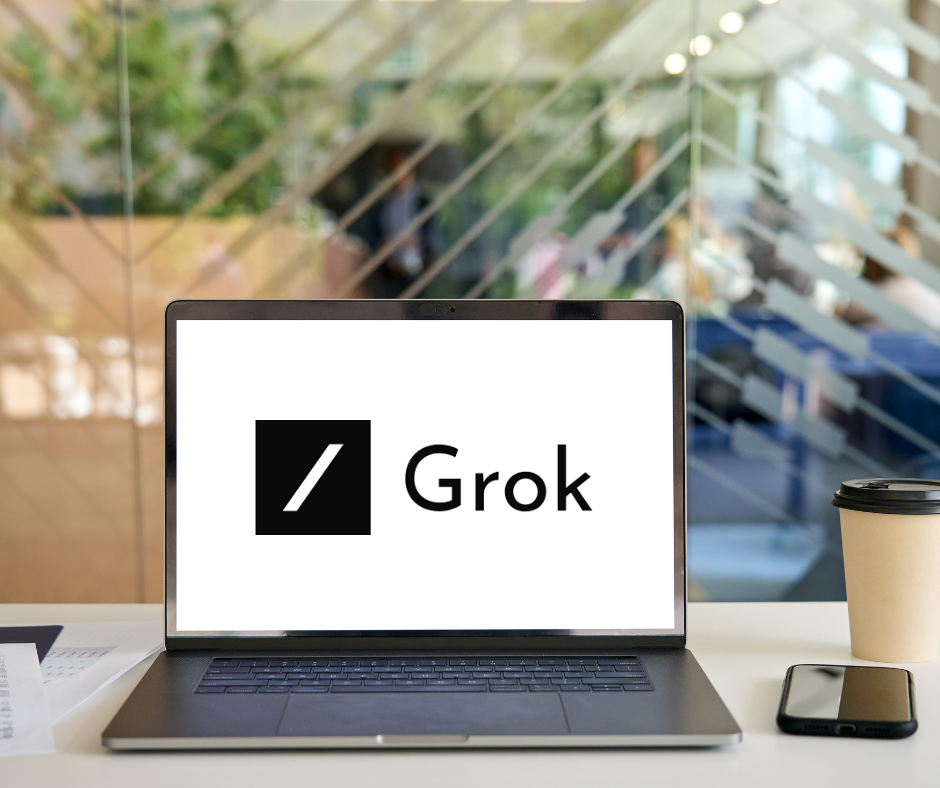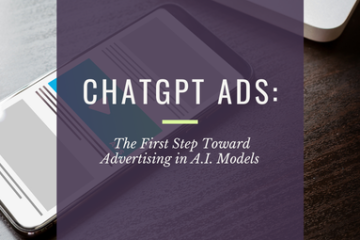
As droves of advertisers flock from X, the social media platform formerly known as Twitter, the internal management is looking for any and every way to capitalize on the platform.
This involves everything from offering paid “premium” subscription plans that offer users a plethora of features. These subscription plans come in different tiers. The more you pay, the more control you have on the platform.
Such features include things like “reply prioritization” so that people are more likely to see your reply to a post first.
Also, gone are the days of the short text posts, which we may mention was one of the biggest attractions in the early days of Twitter–there was no chance of seeing the excessively long rants and rambles that plagued your Facebook (later to be named Meta) wall.
There is a strong argument to be made that people joined Twitter because of the promise of only having to read bite-sized posts, most of which were pithy and entertaining, which offered much appeal to the Vine-addled attention spans of an increasingly online population.
But lately, one of the more interesting draws to purchasing a subscription for X Premium is access to Grok.
What Is Grok?
Grok is an A.I. chatbot that is available, as of right now, exclusively to X Premium subscribers.
It is a research assistant A.I. that can gather knowledge in real time.
This chatbot is also very green: It has only two months of training, as of this writing. Basically, X Premium subscribers pay for the privilege of testing out a product that is still in its very early stages.
It is a common strategy among many A.I. companies: Get the A.I. to the point where other people can use it, then offer it to the public, even just a paying segment of the public, and improve it based on their feedback.
The neat thing about this arrangement is that people are not always aware that they are pretty much guinea pigs here. This is because the quid-pro-quo in place offers enough quo to make them feel as if they are simply using a nifty completed product instead of product-testing an incomplete one.
What Does This Mean in Terms of Generative A.I.?
What also helps is that generative A.I. offers a previously unseen novelty that people will simply want to use it because they do not have a precedent reference product to compare these beta products to. If anything, they can only compare one beta product to another, such as Bard vs. Grok.
The landing page copy for Grok describes this as a chatbot that is designed for the benefit of all humanity.
Other highlighted details include mention of its “bit of wit”, “rebellious streak”, and willingness to “answer spicy questions that are rejected by most other A.I. platforms.”
It is unknown just what that may entail, as “spicy questions” are not exactly defined. But given Elon Musk’s tendency to fashion himself into a political and cultural lightning rod, this may entail that Grok will answer questions and offer opinions on controversial social issues.
The language used here is almost bizarrely playful, as if it was written by a meme-obsessed middle schooler. But most people with an awareness of X’s history starting with its acquisition by Elon Musk not too long ago will realize that much of this vague language likely connects to Musk’s explicitly stated desires to loosen restrictions on speech on the platform.
This all connects to business owners looking to use Grok.
Considering the Use of X’s Chatbot, Grok, for Business Owners
Perhaps the main draw of Grok is its ability to use real-time information in its answers.
This is something that the decidedly more cautious ChatGPT and Bard platforms (both of which, mind you, have been developed at lightning speed) do not offer.
What this can entail is being able to create more up-to-date content for social media, blogs, and landing pages, speeding up your content production process.
But the potential pitfall here involves Grok’s “free speech” directives, which could mean that you get “spicy answers” that you or a team member will need to edit to make it more business-friendly.
Same goes for the “rebellious streak” and “bit of wit”. We anticipate needing to offer more than the usual directions to this chatbot to make it fit a more neutral, business-friendly tone and content objective.
Why Business Owners Are Checking Out Other Chatbots
Very many business owners and their employees use ChatGPT on a daily basis.
That being said, many business owners may be casting about for a new or maybe only additional chatbot to add to their daily operations.
Why would this be so?
Because of the recent turmoil at OpenAI, the creator of ChatGPT, which many people saw as a sign of internal strife. Although ChatGPT remains the most popular chatbot on the market currently, it is unknown whether this dominance will last.
Grok is just one of these chatbots.
Are there any other chatbots that you have been using lately? Reach out to us and let us know!





